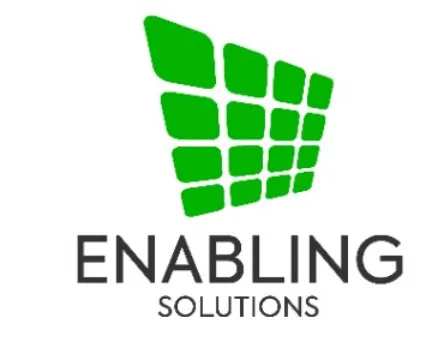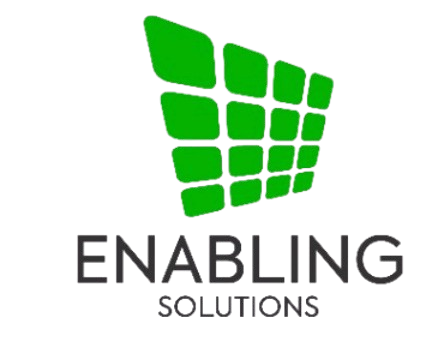
Understanding On Grid Solar Systems On-Grid Solar Systems are like superheroes for our energy needs. These systems bring us lots of Benefits of On-Grid Solar Systems. Imagine having a source of power that’s friendly to our planet! That’s what these systems do. They use sunlight to create
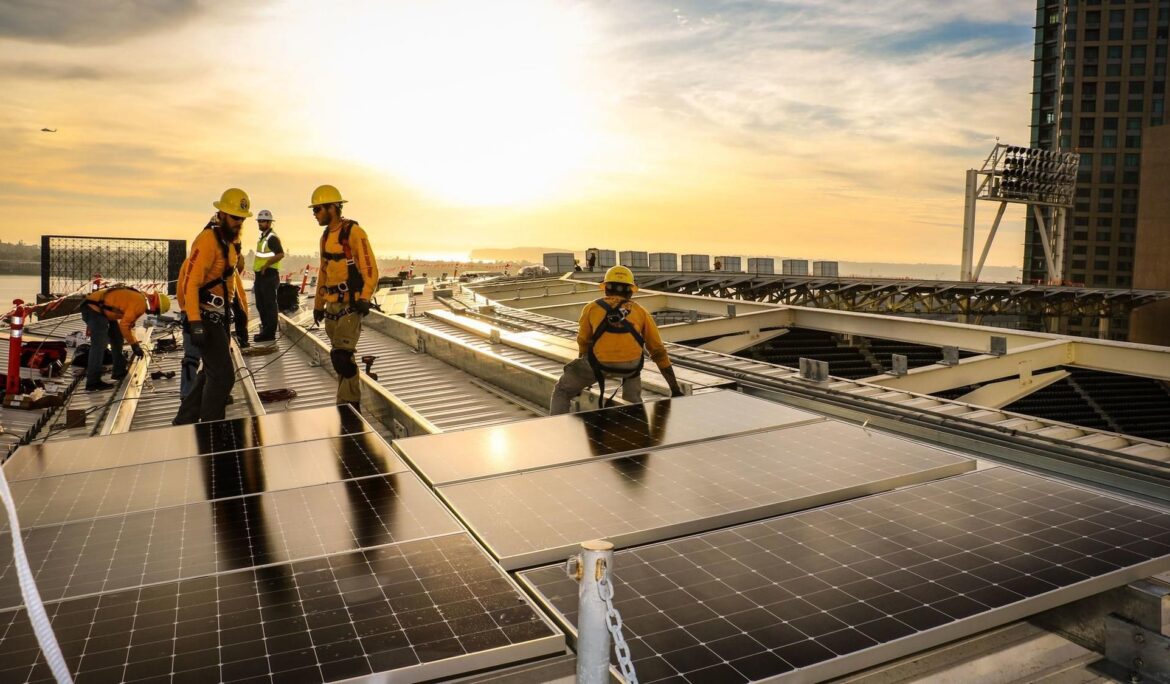
Solar Industry Bright Future Era: As we approach 2023, Pakistan’s solar energy industry is poised for monumental growth that will transform the country. You have likely noticed the increasing number of solar panels popping up on rooftops in your neighborhood and community. This visible shift is just
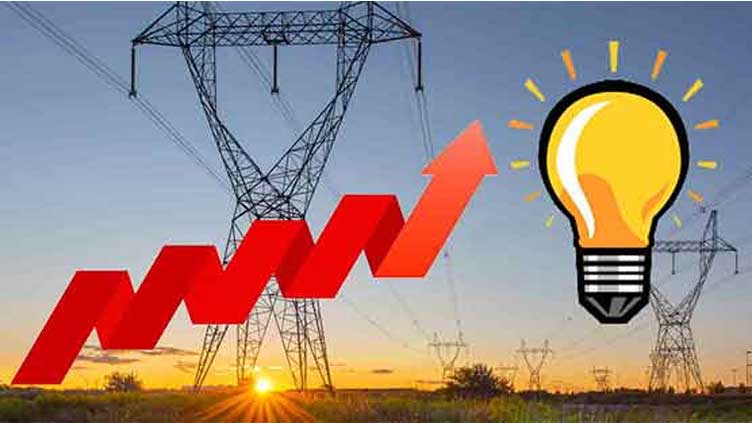
Electricity bills in Pakistan are an essential aspect of both household and business budgets. However, deciphering the intricacies of these charges, particularly the various taxes involved, can be a formidable task. As of 2023, we are committed to unraveling the complexities of the 9 taxes on electricity
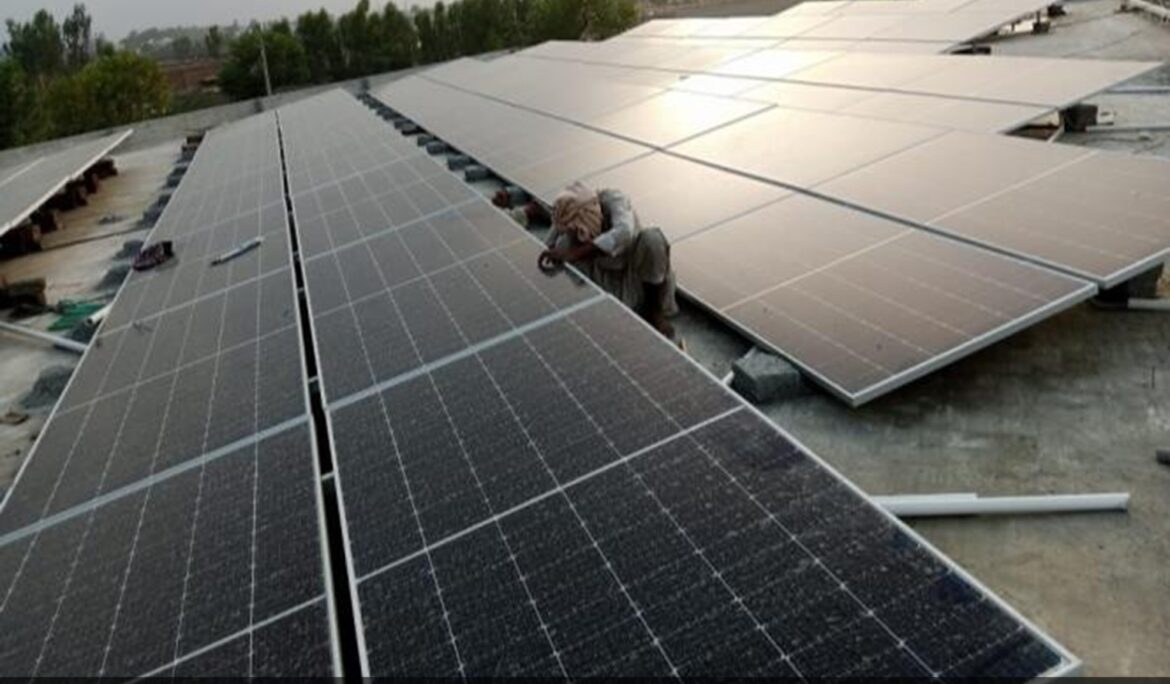
As an industrial business owner in Pakistan, transitioning to solar energy is one of the smartest decisions you can make for your company’s future. By installing the Industrial Solar System, you can significantly cut costs, increase energy security, and support environmental sustainability. Installing an industrial solar system
